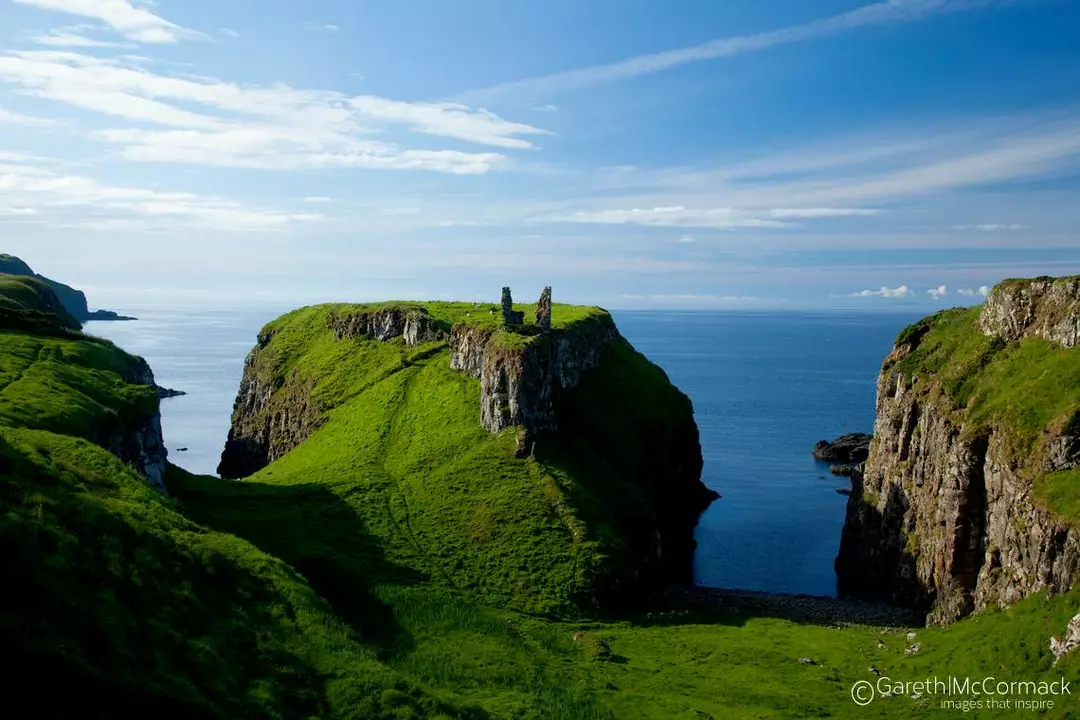-
12

What is the dark side of Ireland as a tourist?
Unpredictable Weather: Rain, Wind, and More Rain
When people think of Ireland, they often envision lush green landscapes and picturesque countryside. While this is true to some extent, the weather in Ireland can be quite unpredictable and is one of the dark sides of visiting the country as a tourist. Rain is a common occurrence, and it can vary from a light drizzle to a heavy downpour.
Wind can also be an issue, especially along the coastlines. This can lead to cancelled or delayed outdoor activities, which can be frustrating for tourists who are on a tight schedule. Additionally, the unpredictable weather can make packing for a trip to Ireland quite challenging. Tourists need to be prepared for rain, wind, and sudden changes in temperature, which means packing various types of clothing and accessories.
Expensive Prices: Accommodations, Food, and Transportation
Another downside of visiting Ireland as a tourist is the high cost of living. Accommodations, meals, and transportation can be quite expensive, especially in popular tourist areas such as Dublin and Galway. Prices for hotels and restaurants can be significantly higher than what you might expect, which can lead to an expensive trip overall.
Public transportation can also be costly, particularly if you plan to travel between cities or take guided tours. One way to save money is to research and book accommodations, transportation, and activities well in advance. However, this might not always be possible, and tourists may find themselves paying a premium for last-minute bookings and arrangements.
Overcrowding and Overtourism
Ireland is a popular tourist destination, and with that comes the problem of overcrowding and overtourism. During peak travel seasons, popular tourist attractions such as the Cliffs of Moher, the Guinness Storehouse, and the Blarney Stone can be packed with visitors. This can lead to long wait times, crowded conditions, and an overall diminished experience.
Additionally, overtourism can have a negative impact on the local environment and communities. Increased traffic and pollution, as well as the strain on local resources, can be detrimental to the country's natural beauty and charm. Tourists should be mindful of their impact and consider visiting less popular areas or traveling during off-peak times to help alleviate some of this pressure.
Navigating Narrow Roads and Driving Challenges
Driving in Ireland can be a challenge for many tourists, particularly those who are accustomed to driving on the right side of the road. In Ireland, driving is on the left side, which can be disorienting and even dangerous for inexperienced drivers. Additionally, many of the roads in Ireland are narrow and winding, making them difficult to navigate, especially in rural areas.
Renting a car can also be expensive, and insurance costs can add up quickly. Public transportation may be a more affordable option, but it can also be less convenient and may not reach all areas of interest. Tourists should carefully consider their transportation needs and abilities before embarking on a trip to Ireland, as the driving challenges can be a significant dark side to their experience.
Dealing with Language Barriers and Accents
While English is widely spoken throughout Ireland, tourists may still encounter language barriers due to strong regional accents and the use of local slang. This can lead to misunderstandings and confusion when trying to communicate with locals, particularly in rural areas or less touristy regions.
Additionally, Irish Gaelic is still spoken in some parts of the country, particularly in the Gaeltacht regions. While most people in these areas will also speak English, signage and information may be in Irish Gaelic, which can be confusing for tourists. It's important for visitors to be patient and open-minded when dealing with language barriers, as this can be a dark side of the otherwise enriching experience of visiting Ireland.
 Travel and Tourism
Travel and Tourism
Write a comment